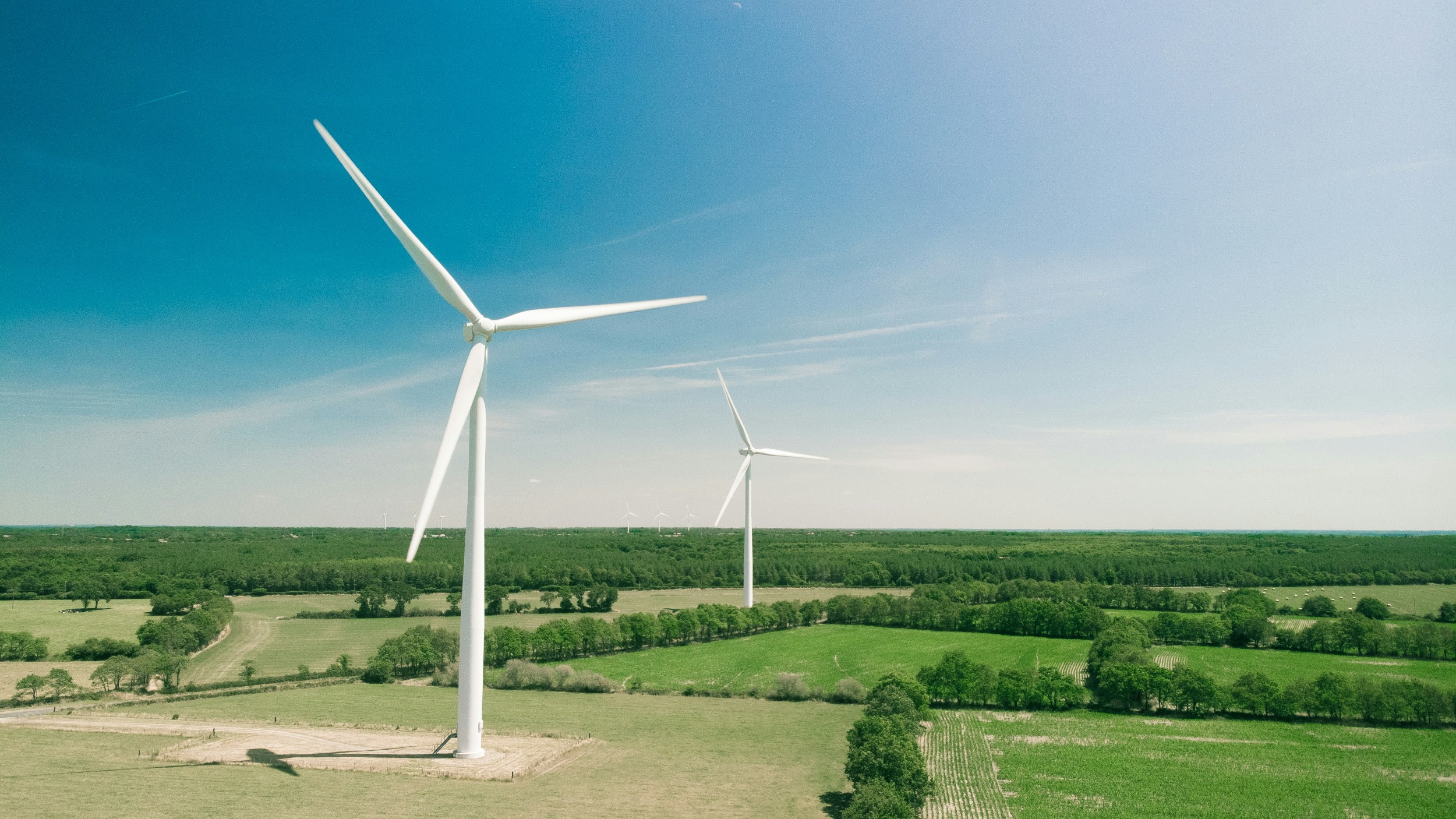
With a strategic focus on the consumer manufacturing sector in the EMEA region, Lawrence plays a vital role in Acre’s mission to connect purpose-driven professionals with forward-thinking organisations. His extensive experience in sustainability recruitment has given him a deep understanding of challenges in the consumer goods landscape, including ethical sourcing and circular economy strategies.
Lawrence combines a robust network with keen market insight, connecting businesses with the talent necessary to thrive in a rapidly evolving sector. Known for his thoughtful engagement and commitment to impactful placements, he builds diverse teams aligned with clients’ sustainability goals, fostering long-term value and resilience while supporting Acre’s vision of creating systemic change through the power of people.
Featured Articles from Lawrence's team
Open Positions from Lawrence's Team

